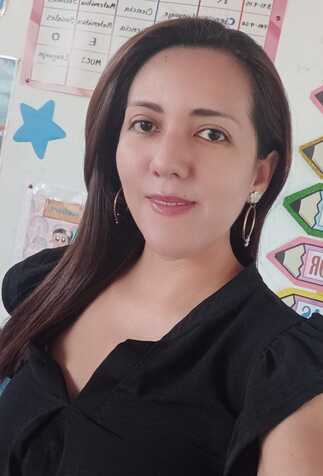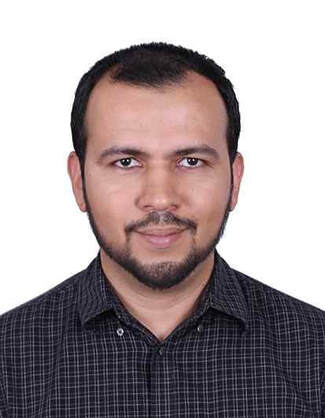|
Teachers Up members who want to improve their English language proficiency can join our FREE English classes.
Eligibility
Schedule of English Classes English classes are divided into two modules. Module 1 runs from March 02 to April 13, 2024 and Module 2 from August 17 to September 14, 2024. English classes will be offered on Saturdays in two schedules: from 8:00 am to 9:30 am and from 4:00 pm to 5:30 pm. Classes will be taught on Zoom and will last for 1.5 hours. Registration Interested teachers and students have to apply for each module. After submitting the application, an acceptance email will be sent if all requirements are met. Registration for Module 1 is now closed. Completion Certificates There are five classes in each module. If participants attend 4 classes or more and submit 4 assignments or more in a module, they will be awarded a completion certificate of that module. |
Registration is closed.
|
Meet the Instructors
|
Jenniffer González
|
Jennifer González graduated from the University of El Salvador with a Bachelor's degree in English Teaching. Currently, she is exploring how metacognitive strategies can enhance students' speaking skills for her Master's degree in education. She has participated in two programs sponsored by the US Department of State: The Global UGRAD program in 2011 at Indiana University of Pennsylvania, and the Fulbright Teaching Excellence and Achievement Program in 2019 at the University of Massachusetts Lowell.
Since 2012, Jennifer has taught English to children, teenagers, and adults at various institutions, including Centro Cultural Salvadoreño Americano, Colegio El Camino, Educlase English Academy, Centro Escolar Organizacion de Estados Iberoamericanos, and Escuela Superior de Economía y Negocios (ESEN). She is currently an English teacher for children and teenagers at Centro Escolar Juan Pablo Rodríguez Alfaro in La Paz. Jennifer is passionate about teaching because she believes in her ability to contribute to the development of her students, helping them become better individuals, citizens, or professionals in the future. |
|
Fredy Márquez
|
Fredy Márquez is a dedicated educator with a passion for assisting others in their learning journeys. He holds a Bachelor's degree in English, and he is approaching the completion of his Master's degree in Virtual Learning Environments. With over 15 years of experience in teaching English, Fredy currently works at Universidad de Oriente, Universidad Gerardo Barrios, and at a public school in San Miguel. His professional journey includes roles at Programa ¡Supérate!, Centro Cultural Salvadoreño, and MINEDUCYT where he was a teacher trainer in the National English Training Program. Fredy's training covers Translation and Interpretation, Teacher Training, English as a Foreign Language (EFL), English for Specific Purposes (ESP), and other areas crucial to English language teaching.
Fredy has shared his work in different conferences in El Salvador and Honduras, including Teachers Up 2023 Conference. Because of his work, Fredy has won three scholarships from the U.S. State Department: an online 10-week program on Teaching English to Pre-teens and Teens from Oregon University, a TESOL training course in Costa Rica, and the Fulbright Teaching Excellence and Achievement Program at Appalachian State University, North Carolina. He is now an active member of the Alumni Association from the US Embassy in El Salvador (ABEU) where he continues to put his knowledge at the service of others. |
Disclaimer: This project was funded by a grant from the United States Department of State. The opinions, findings and conclusions stated herein are those of the authors and do not necessarily reflect those of the United States Department of State.


